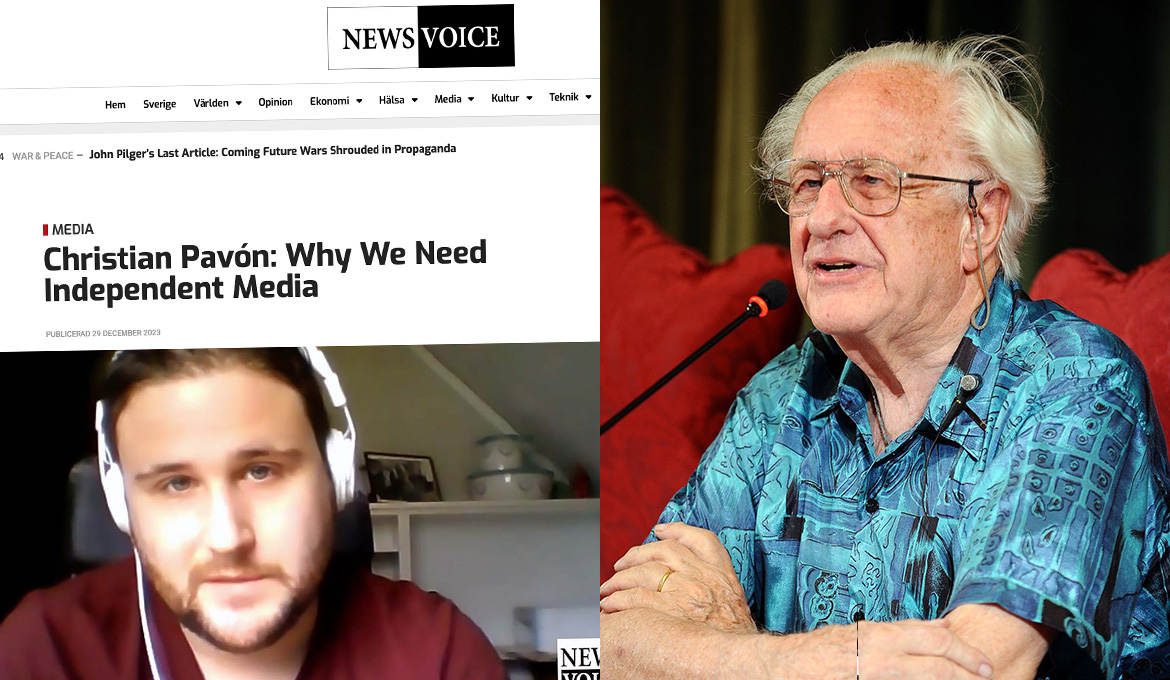In an era rife with conflicts and divisions, the concept of ”peace journalism” emerges as a beacon of hope, guiding the world towards a more harmonious future.
Pioneered by the eminent scholar Johan Galtung, peace journalism is not just a journalistic practice; it’s a philosophy that can reshape how societies perceive and resolve conflicts, steering us toward a world that values understanding and cooperation over division and strife.
Johan Galtung, often regarded as the father of peace studies, introduced this transformative idea, advocating for a type of journalism that focuses on peace, reconciliation, and solutions rather than merely reporting on conflicts and violence.
Traditional journalism, while informative, often inadvertently perpetuates conflict by focusing on sensational, divisive elements. In contrast, peace journalism seeks to illuminate paths to understanding and reconciliation, highlighting stories of cooperation, dialogue, and mutual understanding.
The essence of peace journalism lies in its ability to change narratives. It emphasizes the background and context of conflicts, offering a more comprehensive understanding of the underlying issues. This approach encourages a shift from a simplistic ’us versus them’ narrative to a more nuanced portrayal of conflicts, recognizing the complexities and multiple perspectives involved.
Peace journalism fosters empathy and understanding among audiences, breaking down stereotypes and prejudices that fuel conflicts.
One of the most profound values of peace journalism is its commitment to highlighting solutions and positive developments.
Traditional news often leaves audiences feeling hopeless and disempowered, whereas peace journalism shines a light on efforts toward peace and resolution, inspiring hope and encouraging active participation in peacebuilding efforts.
This positive emphasis informs and empowers communities, making them active stakeholders in the pursuit of peace.
Furthermore, peace journalism is crucial in global diplomacy and international relations. Providing balanced and fair coverage of international events facilitates a better understanding among nations. This understanding is the foundation for mutual respect and peaceful coexistence.
In a world where media powerfully influences public opinion and policy, peace journalism’s responsible and empathetic reporting can significantly contribute to more peaceful international policies and relations.
The transformative power of peace journalism is not just theoretical. It has practical implications in conflict zones around the world. Journalists trained in peace journalism can de-escalate tensions by avoiding inflammatory language and focusing on the human stories behind the headlines.
Their reporting can open communication channels and pave the way for conflict resolution, turning the media from a battleground into a meeting ground.
In conclusion, as conceptualized by Johan Galtung, peace journalism is more than just a journalistic approach; it’s a vital tool in the quest for a more peaceful world. Changing how conflicts are reported can alter the course of human interactions, leading to a future where understanding, empathy, and cooperation are the norm rather than the exception.
As nations and societies grapple with the challenges of the 21st century, the principles of peace journalism offer a path to a world where diversity is celebrated, conflicts are resolved through dialogue, and peace is a shared goal for all humanity.


